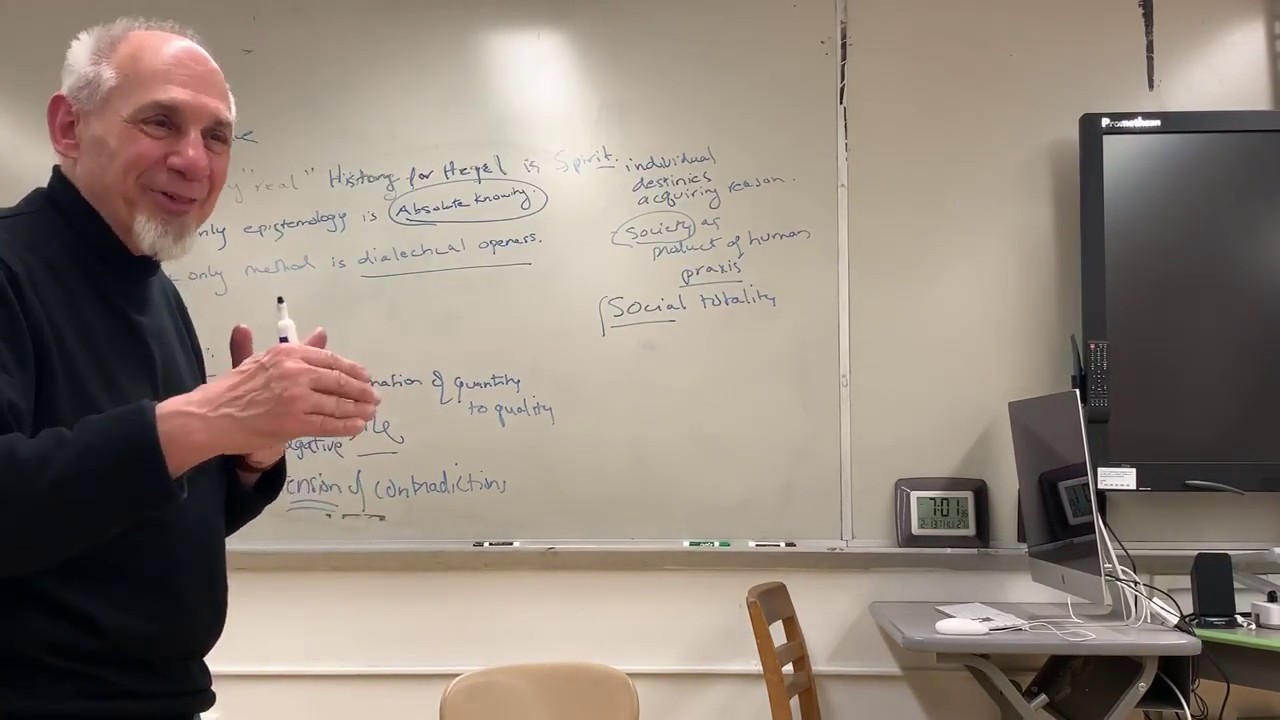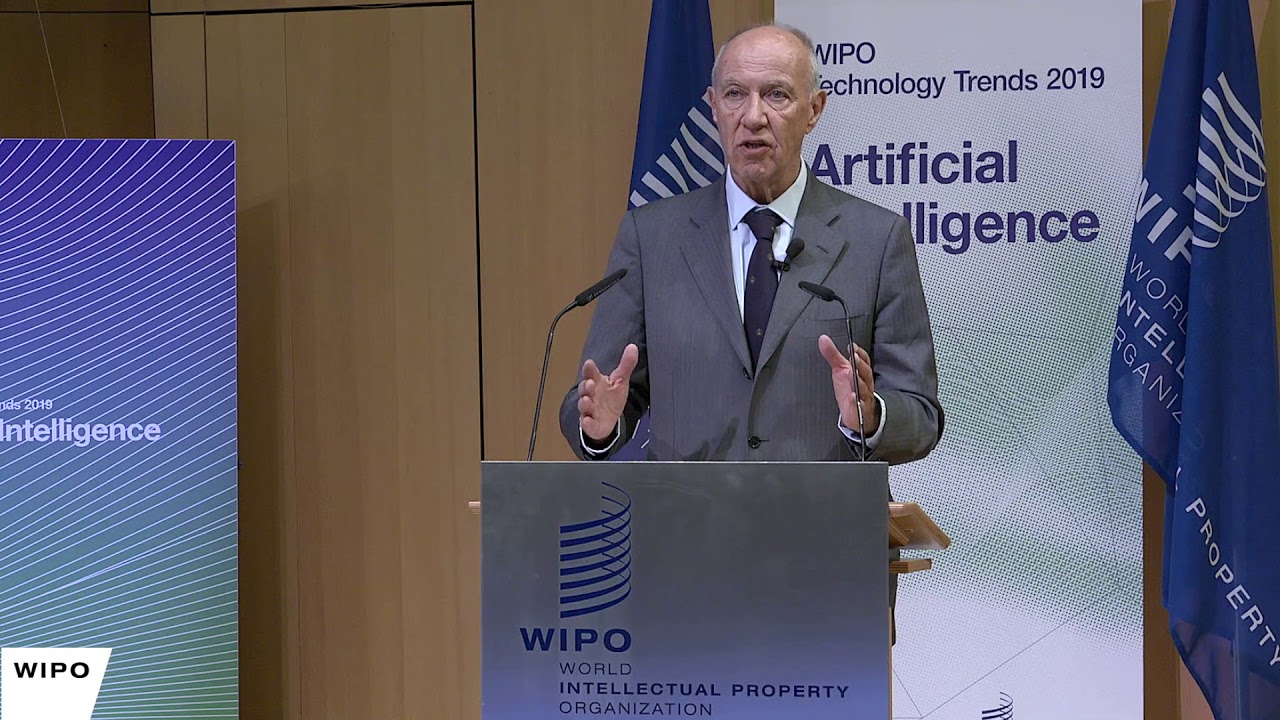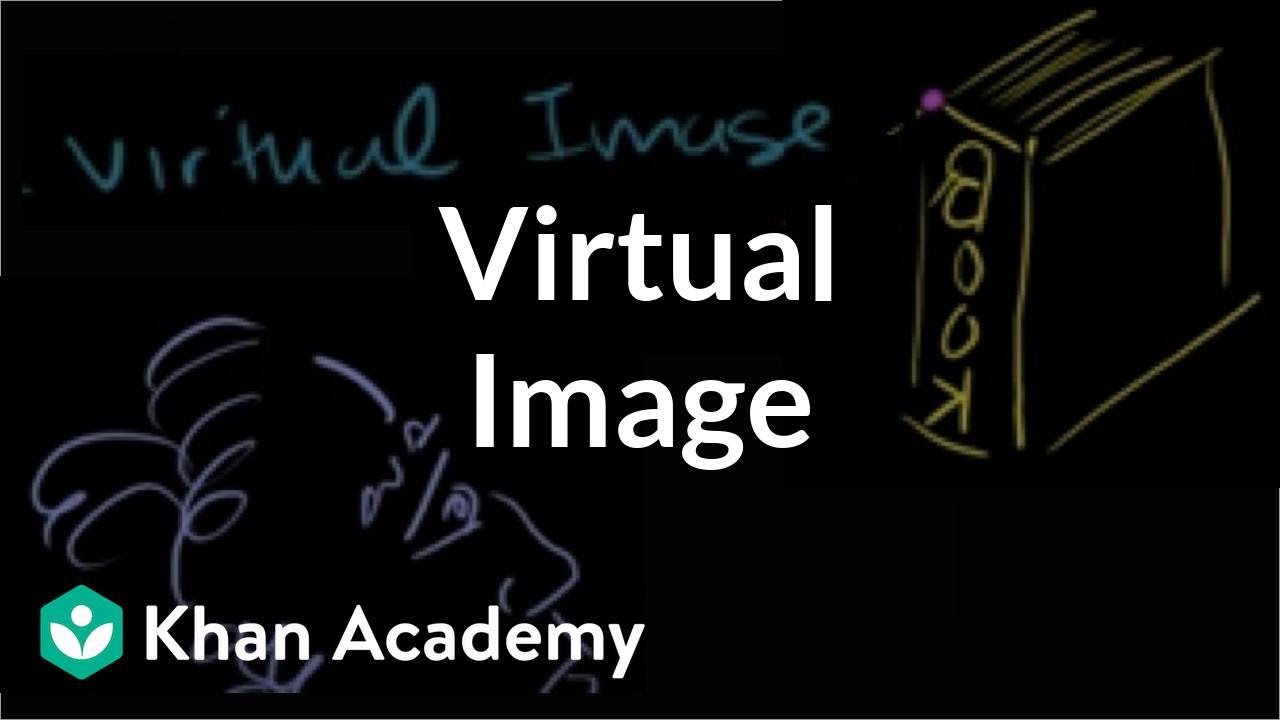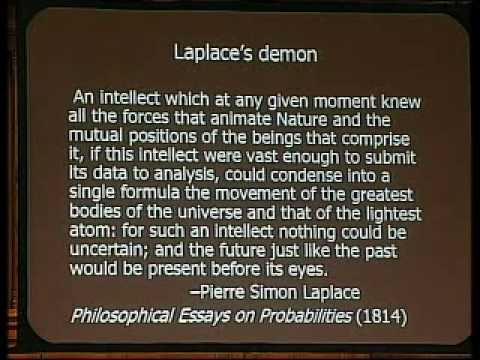Institute for the Radical Imagination
Reason:
Reason is divided into three chapters: “Observing Reason”, “Actualization of Self-Consciousness”, and “Individuality Real In and For Itself”.
231. Consciousness in the experience of absolution has risen to the realisation that the individual consciousness is implicitly one with the Absolute Essence which is, however, still placed essentially beyond itself. In this realisation self-consciousness has been projected into the world of objects, into the realm of being, and it has also identified itself with the universal. It has become the middle term in a syllogism which reconciles the individual with the unchangeable universal, and which thereby sees itself as all truth.
232. Hitherto (in Stoicism, etc.) consciousness has adopted a purely negative attitude to the world and to its own actuality in it, and has sought to save its pure essence from both. Now, as Reason sure of itself, it tranquilly sees all reality, objective and subjective, as no other than itself. It has achieved the position of idealism. Having done away with graves and abolished abolitions, it sees the world as its own new actual world, as its own truth and presence, which it wishes to see maintained in being and not vanish away.
233. Reason is consciousness’s certainty of being all reality: this is the essential Notion of idealism. For Reason, the Ego’s object is neither emptily general nor one object among others: it is an Ego which excludes anything taken as other than Itself. It can, however, only be all reality for and in itself, in so far as it shows itself to be such’, and this it has done in the dialectical development from sense-certainty to the Unhappy Consciousness. Only in the light of this history, this experience, is the liquidation of other-being and the pure certainty of Reason intelligible. For the reasonable consciousness this certainty is a fact, but it is not an explicitly formulated or comprehended fact.
234. An idealism which merely asserts this certainty (All the world is my idea) without going through the relevant dialectical preparation can neither explain nor understand itself. Its certainty always stands over against other certainties that the dialectical journey abolishes. The certainty of my rational ego always stands over against the certainty of something else existing alongside myself. The dialectical preparation establishes idealism as the only truth, but only in a general, abstract form which will have to be given concreteness in various actual sorts of confrontation.
235. The rational consciousness here considered is merely the category, i.e. the wholly general, formal certainty that what is, is for thought, and what is for thought, is; self-consciousness and being are given as being one and the same essence. It is a mere confusion when another being-in-itself (the Kantian noumenon) is postulated as being beyond being-for-thought. The categorial consciousness in question must, however, be such as intrinsically to specify itself in a number of distinct categories, forming a complete system (as in the Logic): to derive these categories from an external source, e.g. the forms of judgement, is a disgrace to philosophy.
236. The categorial certainty in question not only specifies itself in a system of categories but also includes in itself a pure or schematic reference to individuals; though individual things are no part of the categorial framework, individual thinghood is part of it.
237. Consciousness essentially moves around among its various moments, seeing the universal from the angle of the species and vice versa. Consciousness is this perambulation and what it sees on this course.
238-9. The first simple form of the idealistic consciousness is the consciousness that all 1 deal with is mine, my own idea. Such an empty appropriation leaves all detailed content to experience and foreign intervention. It passes to and from its empty proclamation of ownership to foreign material, and in fact oscillates like the consciousness of scepticism. It has no power to generate specific content in and by itself, and thereby condemns itself to the perpetual phenomenalism of Kantianism. Such an Idealism is self-contradictory because abstract. It says Reason is all reality but does not show it concretely at work in the world: it requires a further carrying out to be a true idealism.
Source



